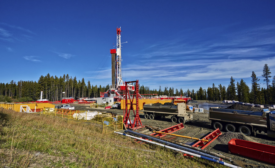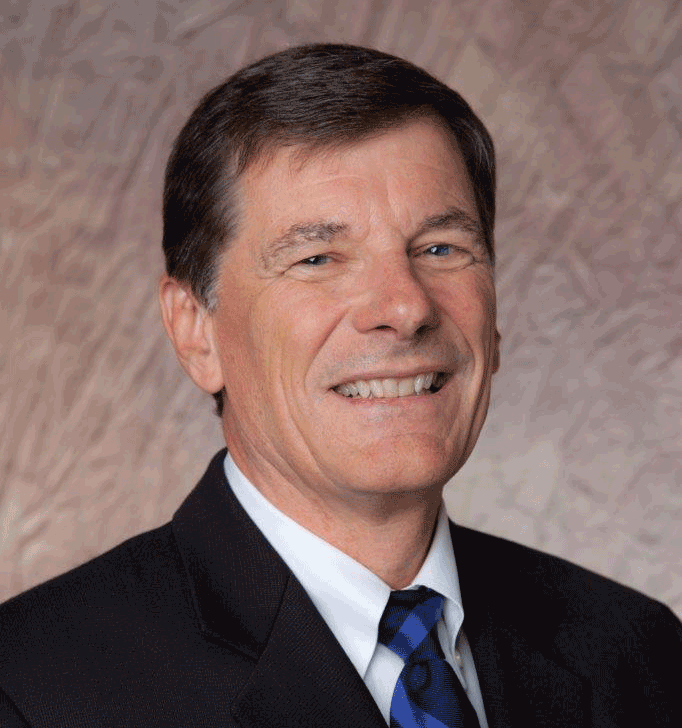News
AIHA Announces 2016 Henry F. Smyth, Jr. award recipient
S.D. Allen Iske Jr., PhD, CIH, CSP, will receive award at the AIHA Fall Conference
July 18, 2016
Never miss the latest news and trends driving the safety industry
eNewsletter | Website | eMagazine
JOIN TODAYCopyright ©2024. All Rights Reserved BNP Media.
Design, CMS, Hosting & Web Development :: ePublishing










